Soak the bones in water and water the flowers
At home, don't throw away the chicken feet, fish bones and spare ribs after eating. Because these bones are rich in potassium fertilizer, which is used to raise flowering plants such as gardenia, jasmine and Milan. The flowers are particularly prosperous and can't be stopped
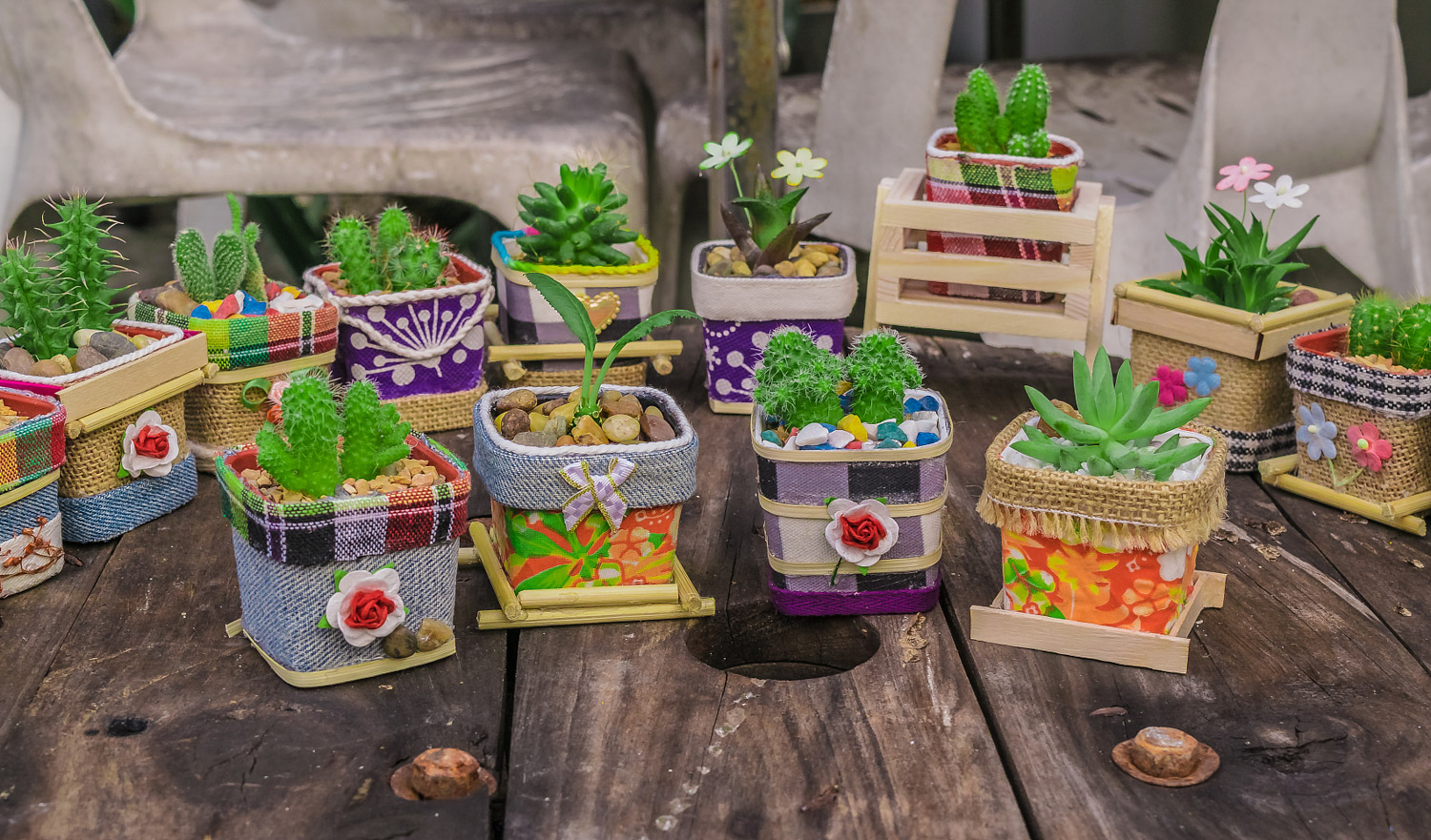
1. Cleaning salt
After all kinds of bones eaten at home are cleaned with clean water, soak them for 2-3 hours, analyze the salt inside, and then fish them out directly
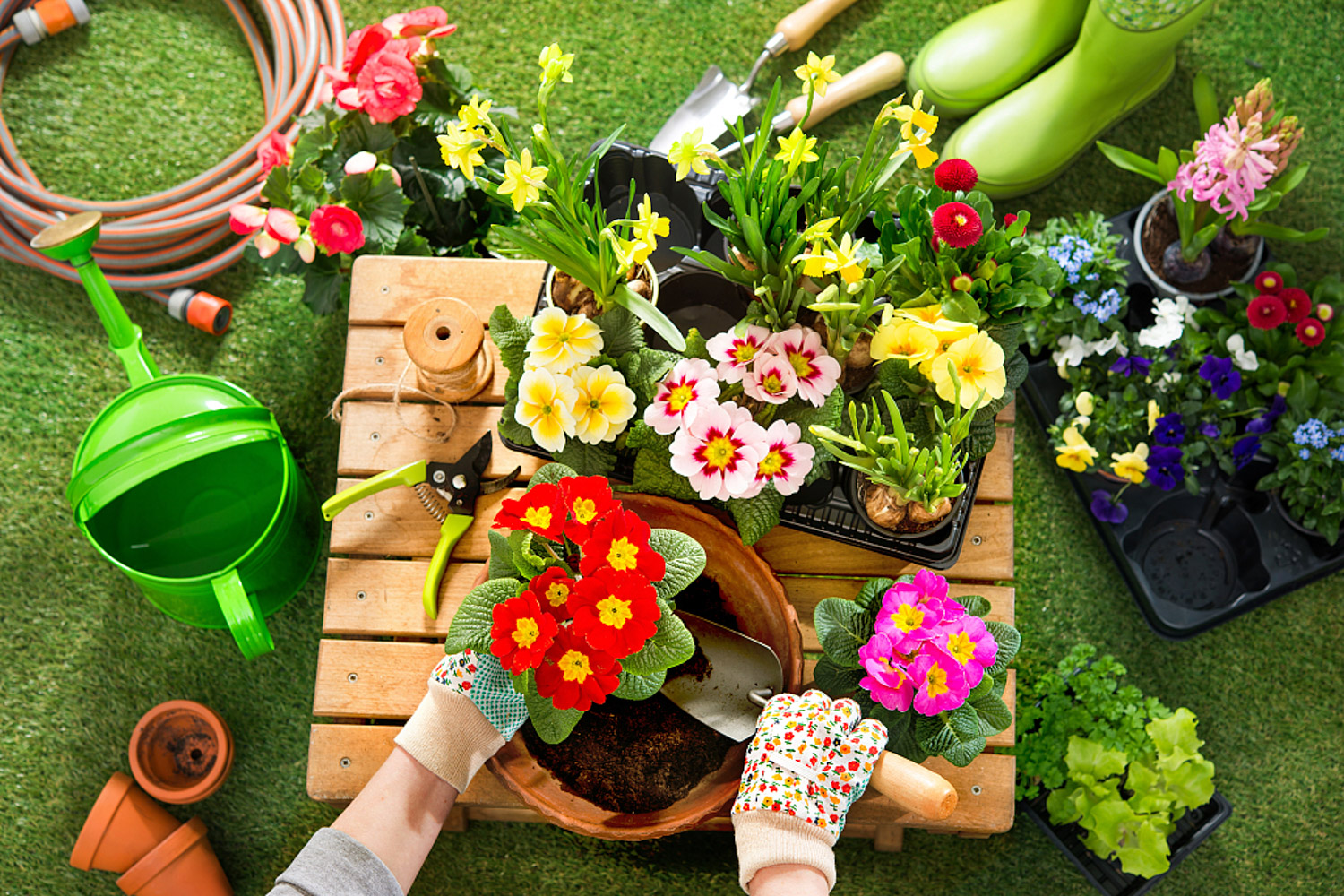
2. Retting with water
Put the fished bones in a plastic bottle or bucket, add water to about 3 / 5-4 / 5, then close the cover, leave a little space, and then expose them to the sun. In order to prevent odor in summer, EM bacteria or orange peel can be added. In order to prevent insects, a little pesticide can be sprayed
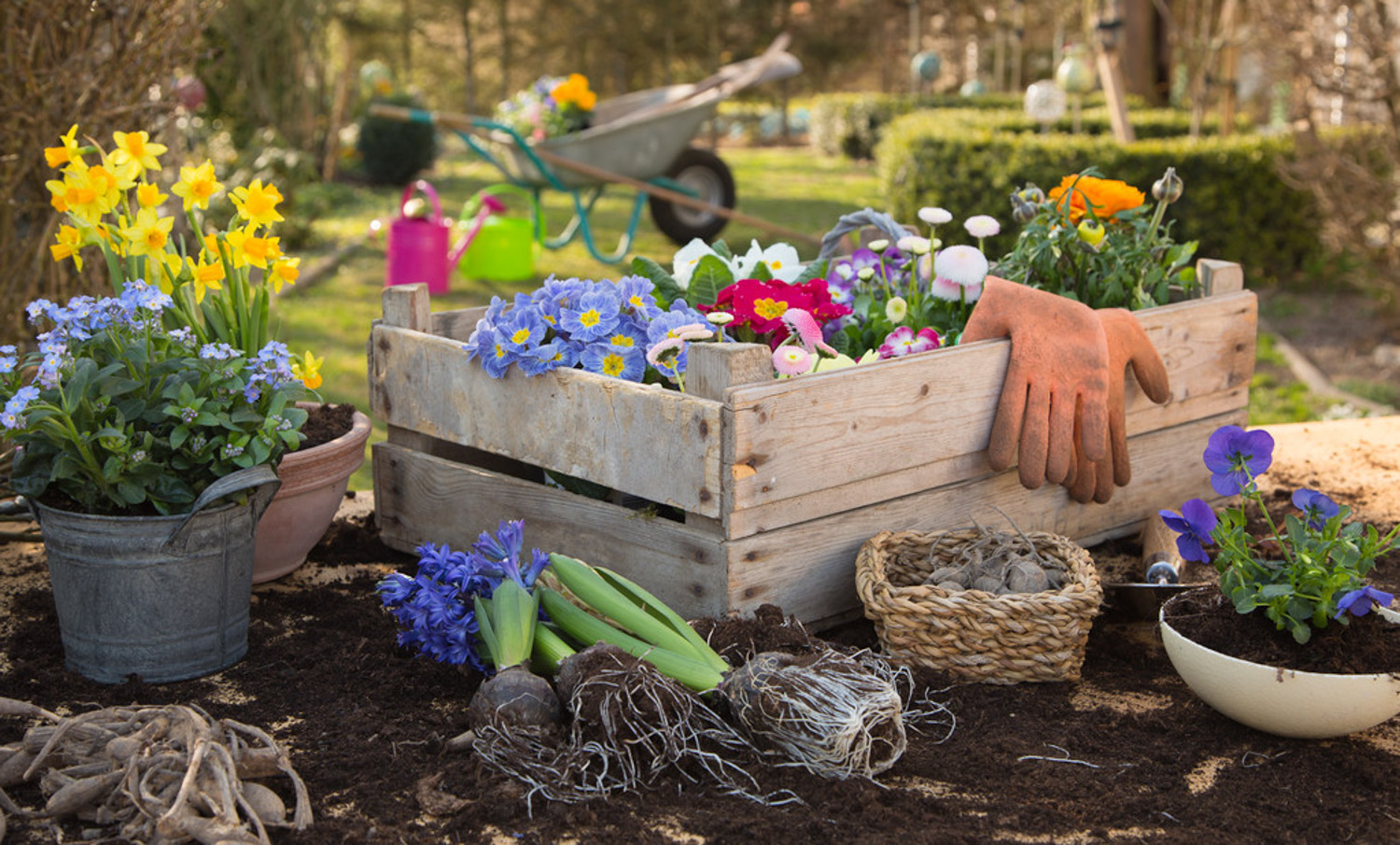
3. Use after ripening
When the water in the plastic bottle turns black and brown, it has been retted successfully and can be used. Water the flowers with bone fat in the ratio of 1:20. Water the flowers about once a week before flowering to ensure that the flowers bloom to burst
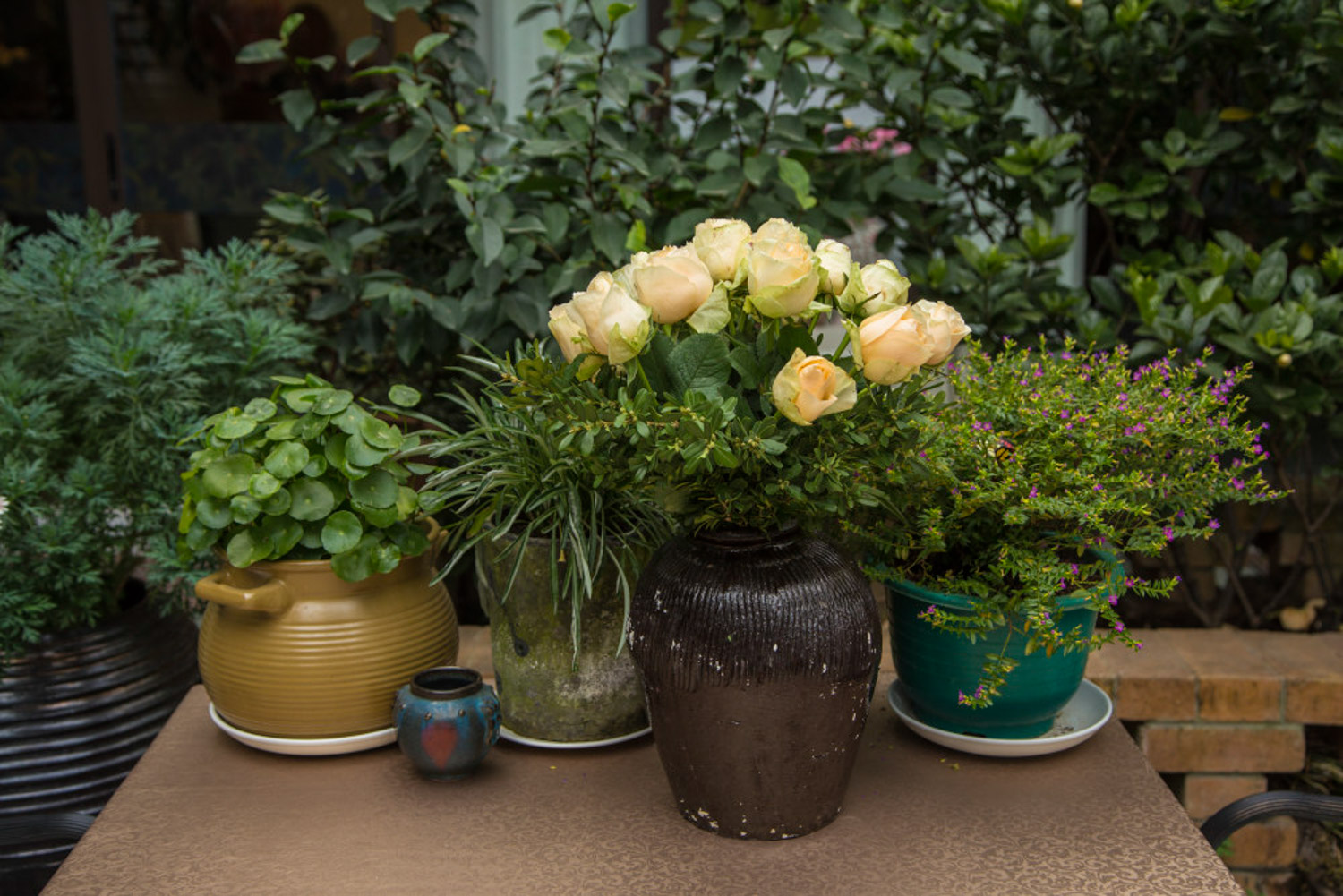
Seafood shell composting
Because Huahua is in Qingdao, we eat a lot of seafood. The shrimp shells and crab shells we usually eat are good flower fertilizer. However, the premise that seafood shells can be used as flower fertilizer is that seafood must be steamed or boiled, and don't consider braised or braised
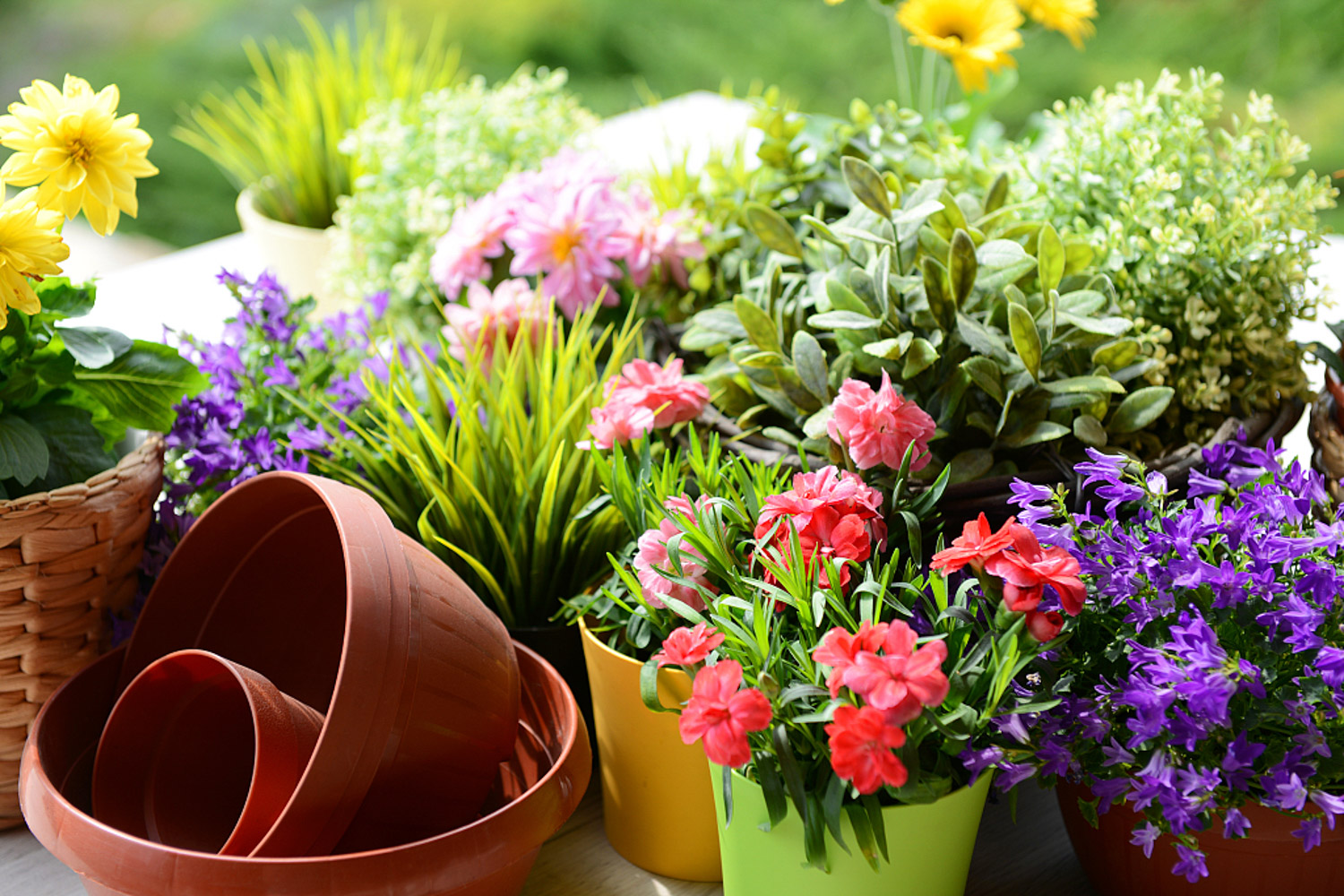
1. Collect
When eating seafood, leave those soft parts, such as crab gills and shrimp heads, and those hard ones are not needed
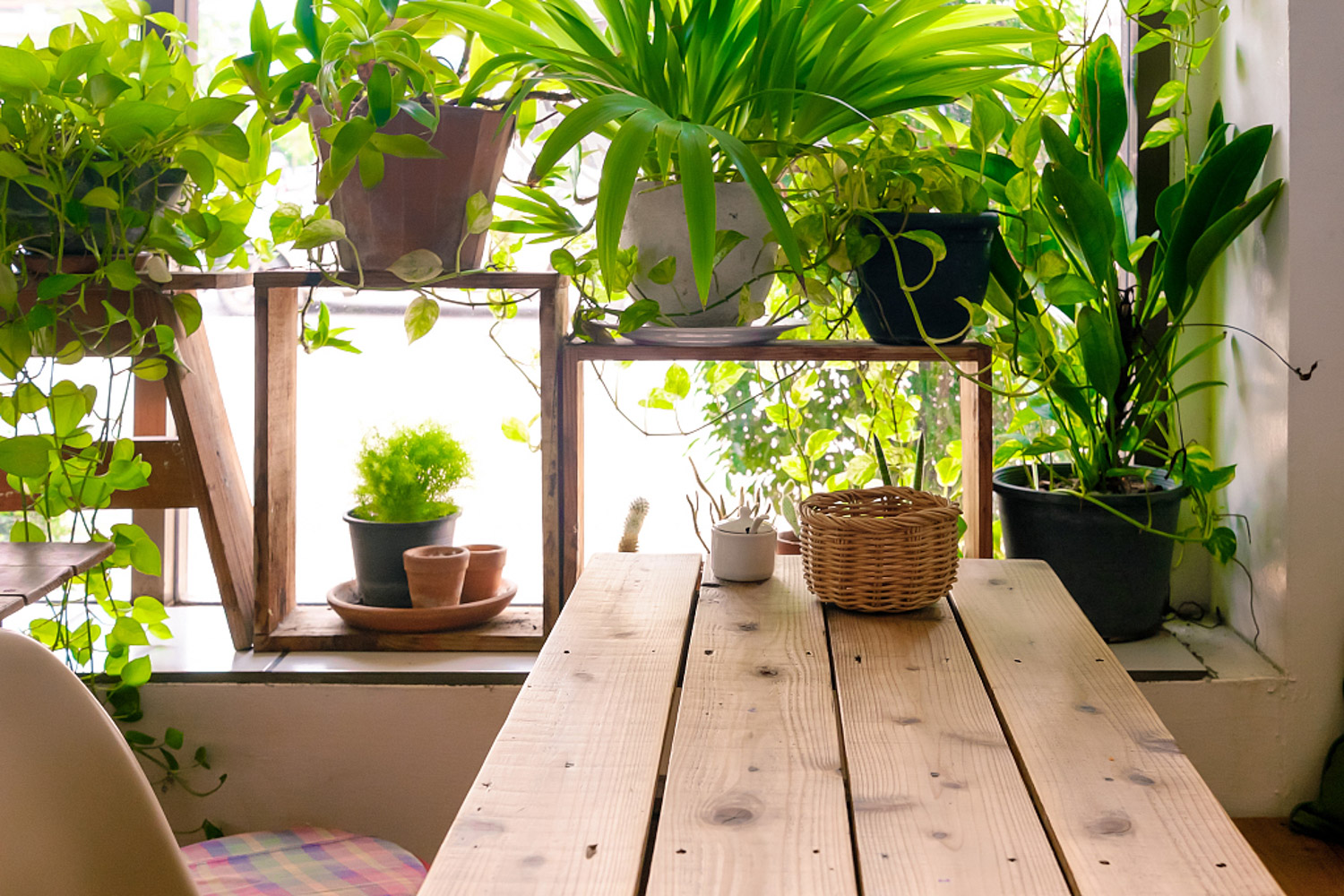
2. Soil retting
Find an empty flowerpot, bury a layer of soil of about 5cm at the bottom of the flowerpot, put in the collected shrimp head seafood shell, and then cover it with a layer of soil of about 6-10cm
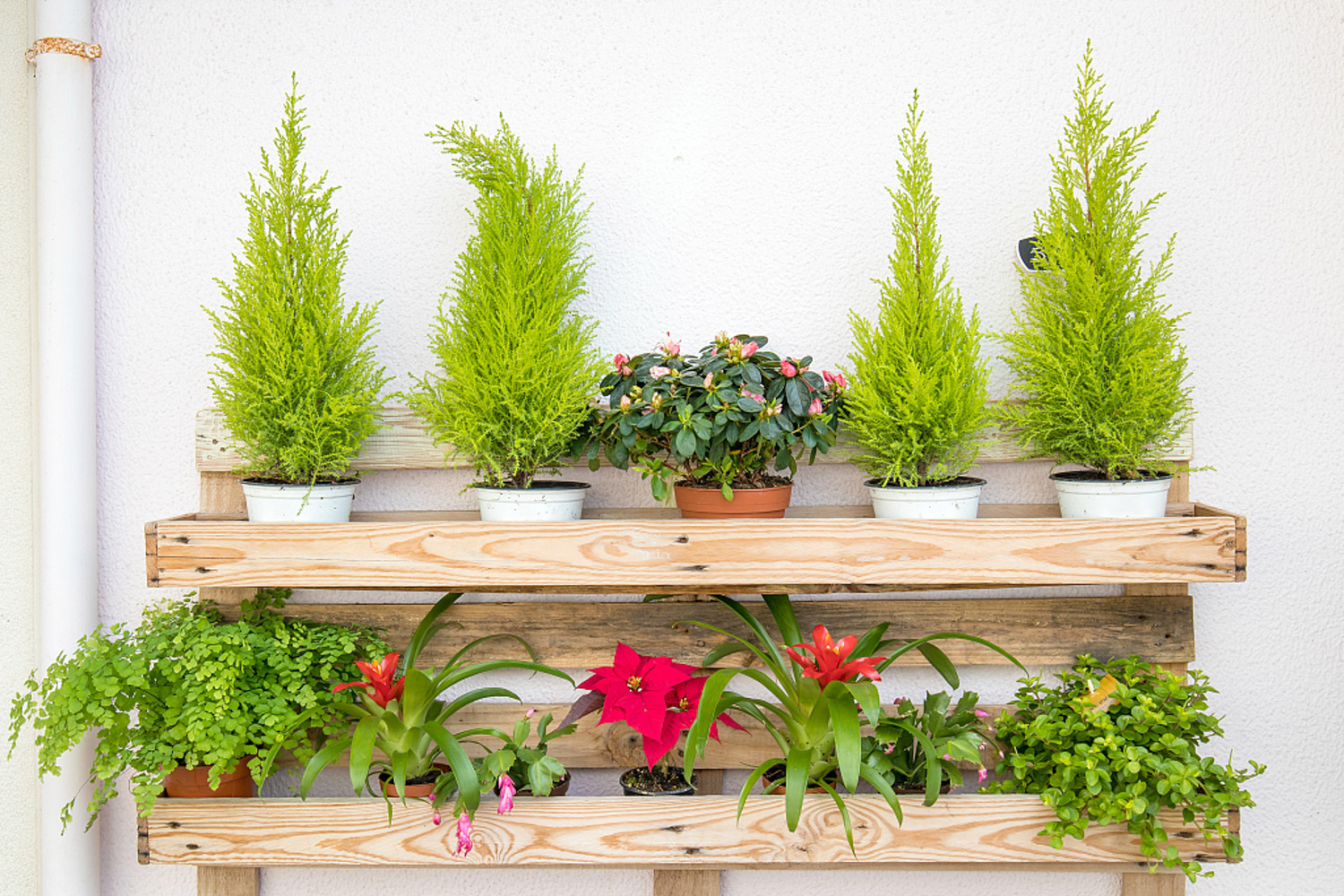
3. Pest control
Put the flower pot with the seafood shell buried in a well lit and ventilated place for maintenance. If you are worried about attracting insects in summer, you can spray a little insecticide and bury the soil when embedding the seafood shell
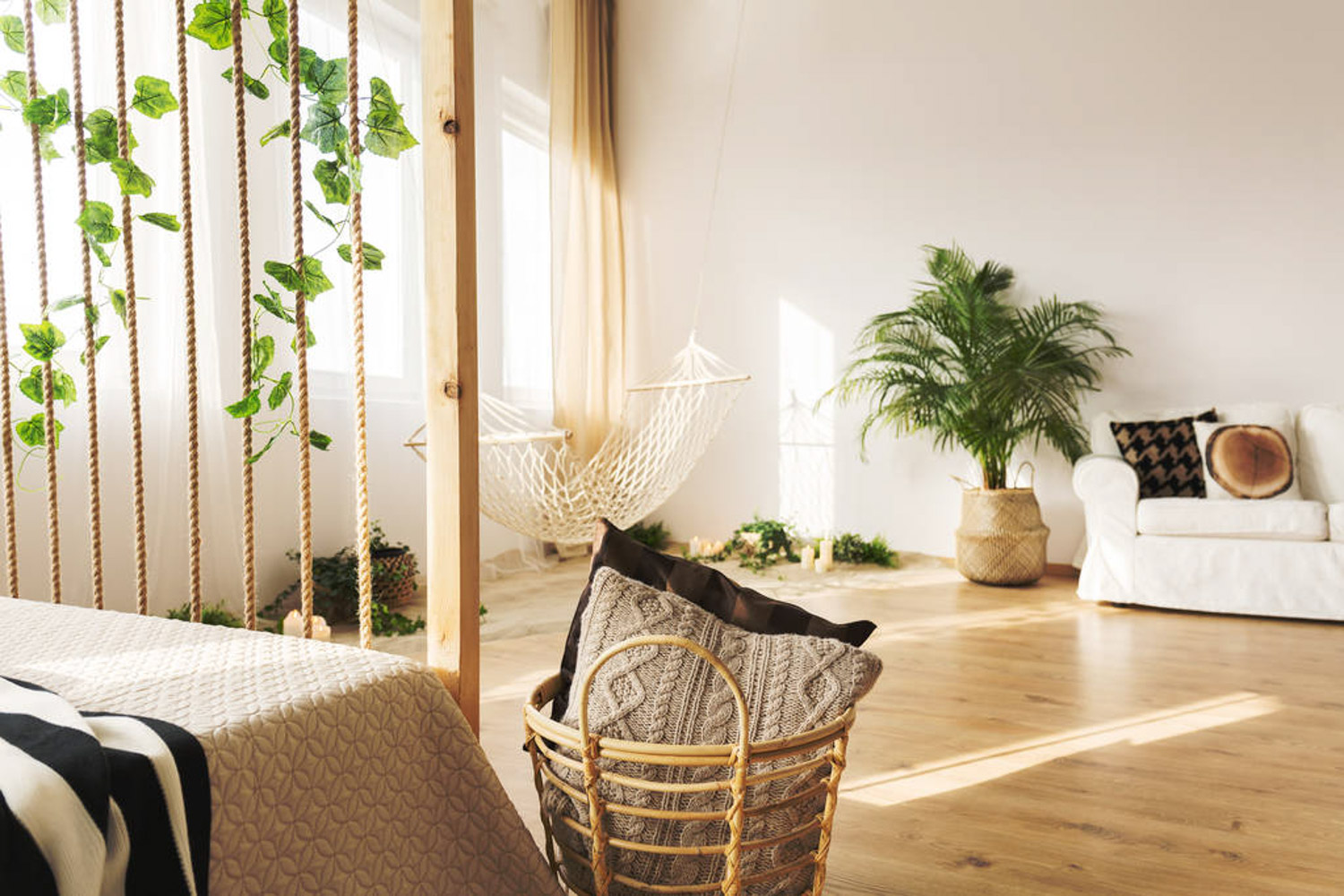
4. Retting use
The relatively soft shells such as shrimp head and crab gill will soon rot away. Every other month or so, the soil can be stirred and directly used to plant flowers
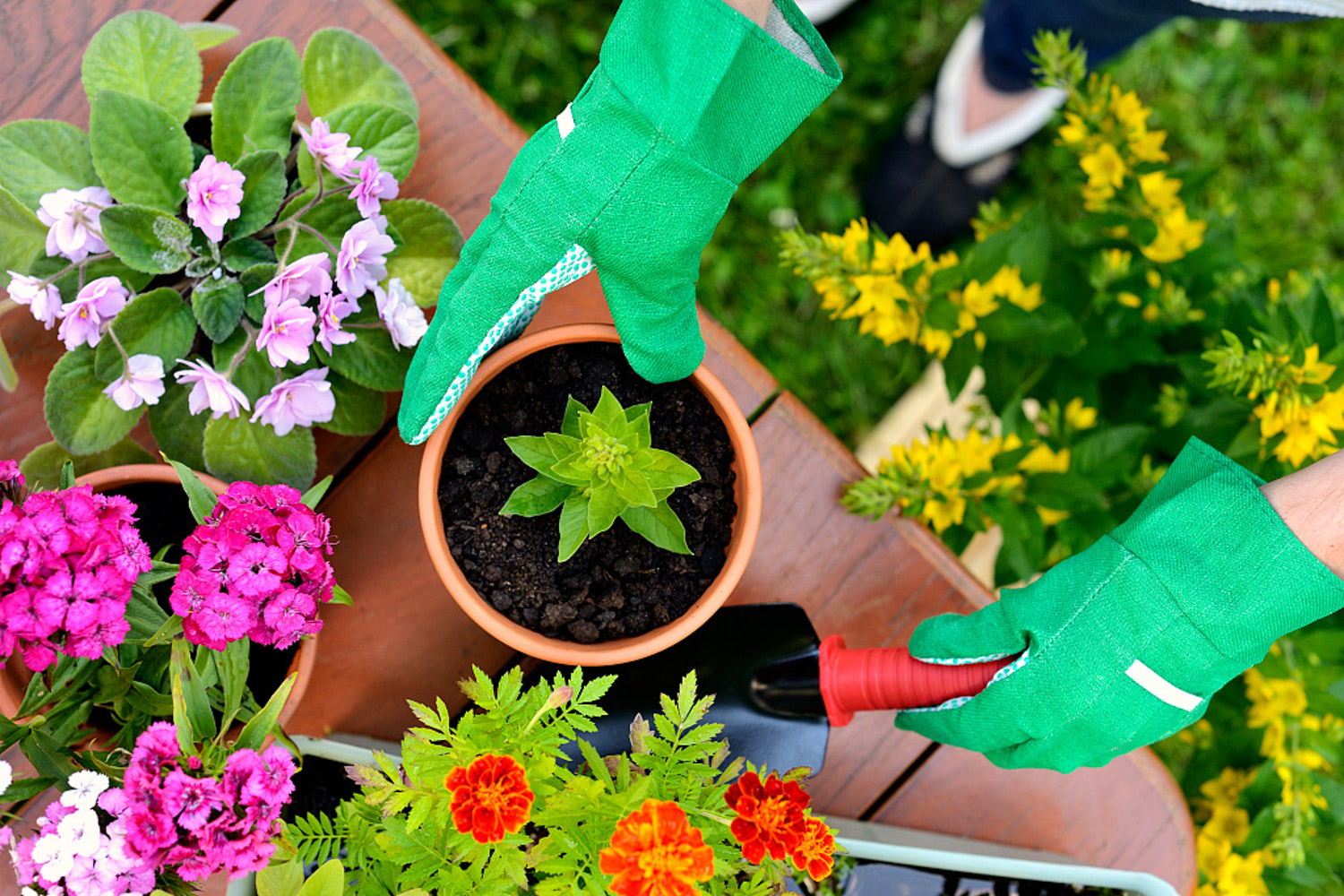
Fish intestines as nutrient soil
The fish we bought home and the fish intestines we dug out are also good fertilizer for raising flowers, because it contains high phosphorus and potassium fertilizer. Use it to raise roses. The flowers of roses bloom big and colorful
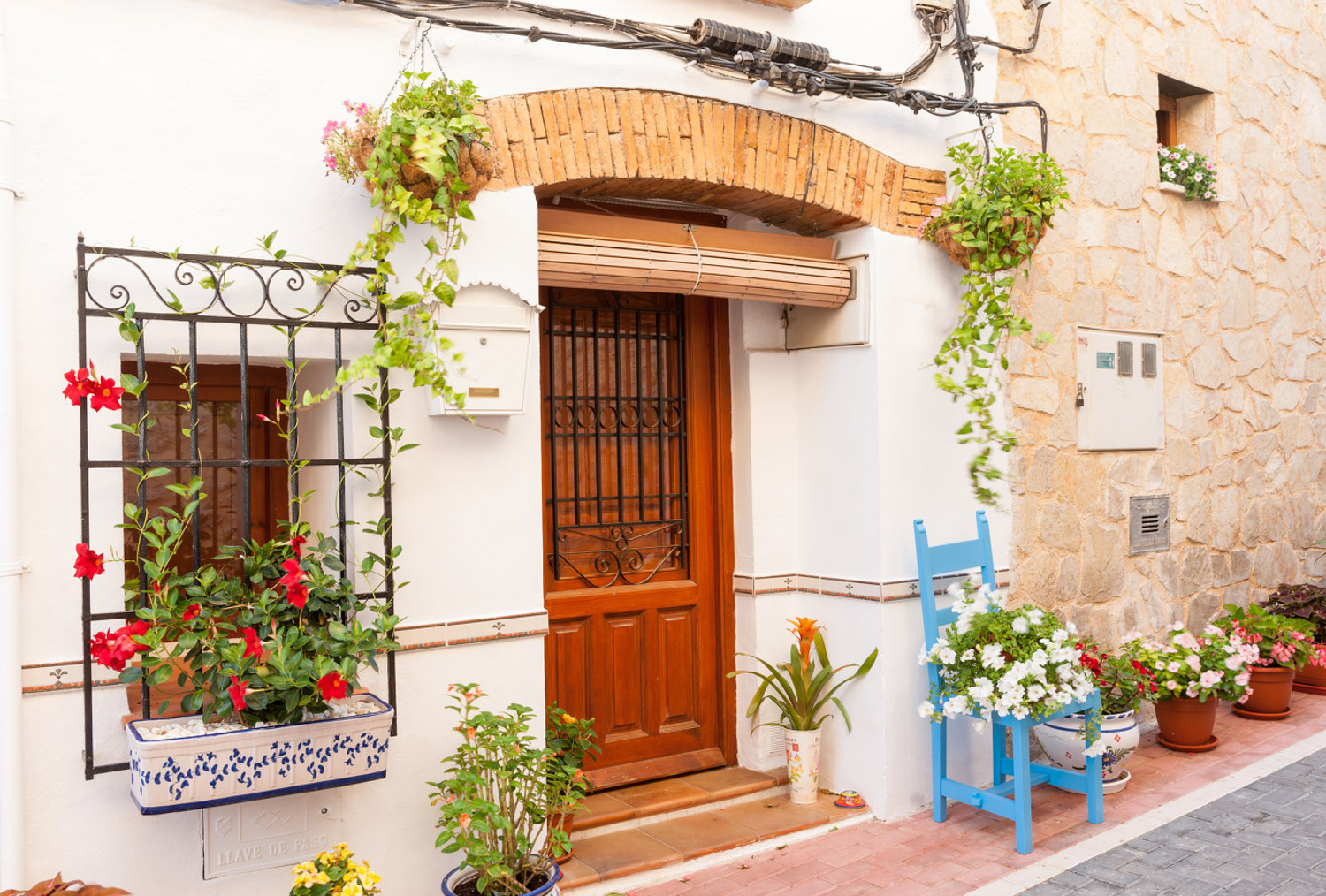
1. Preparatory work
prepare a foam box and lay a 5-7cm of garden soil at the bottom of the foam box. The fertility of the soil is almost never mind. p>
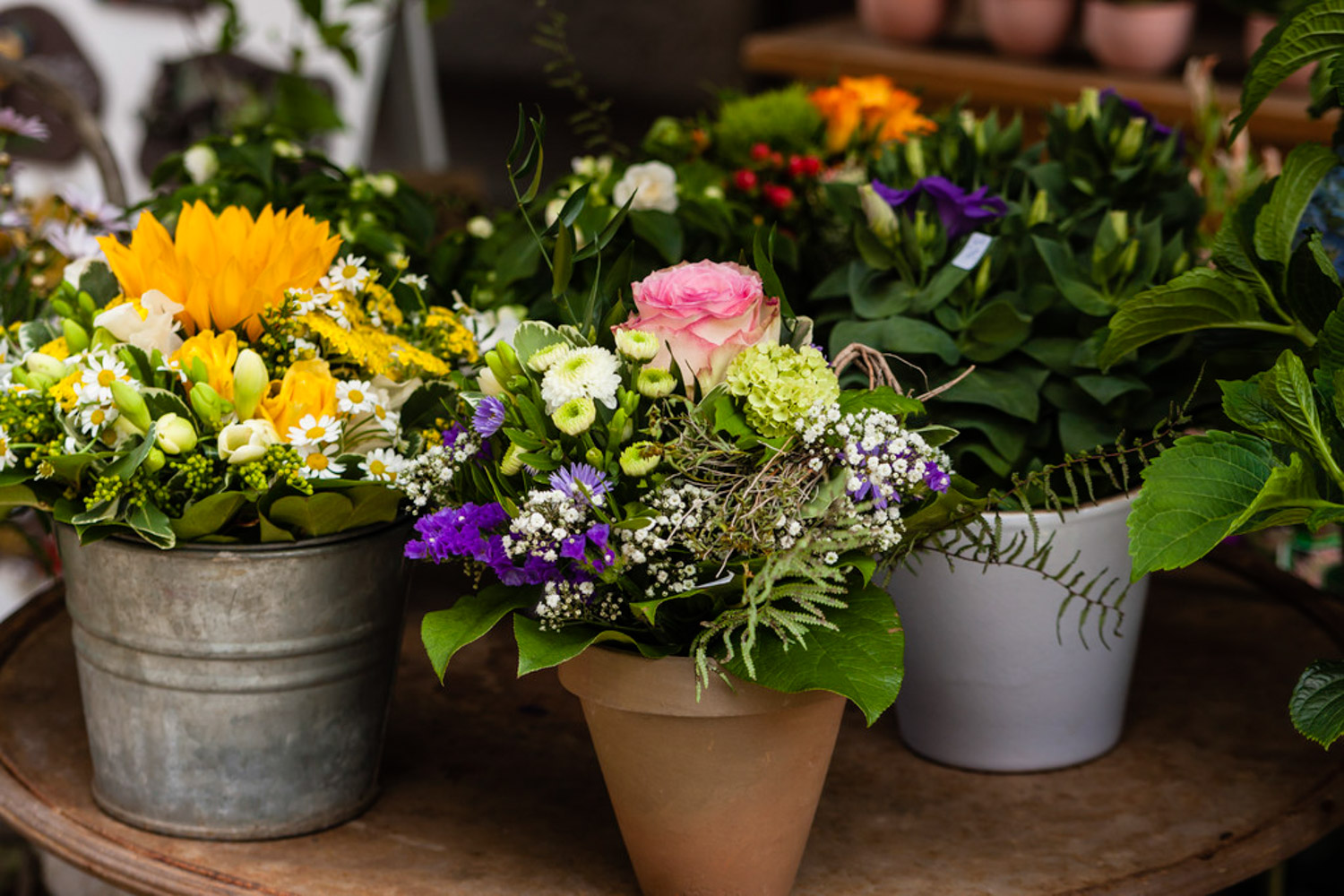
2. Fish intestines
After spreading the soil at the bottom, put the fish intestines into a thin layer, about 2-3cm is enough. Don't put too much
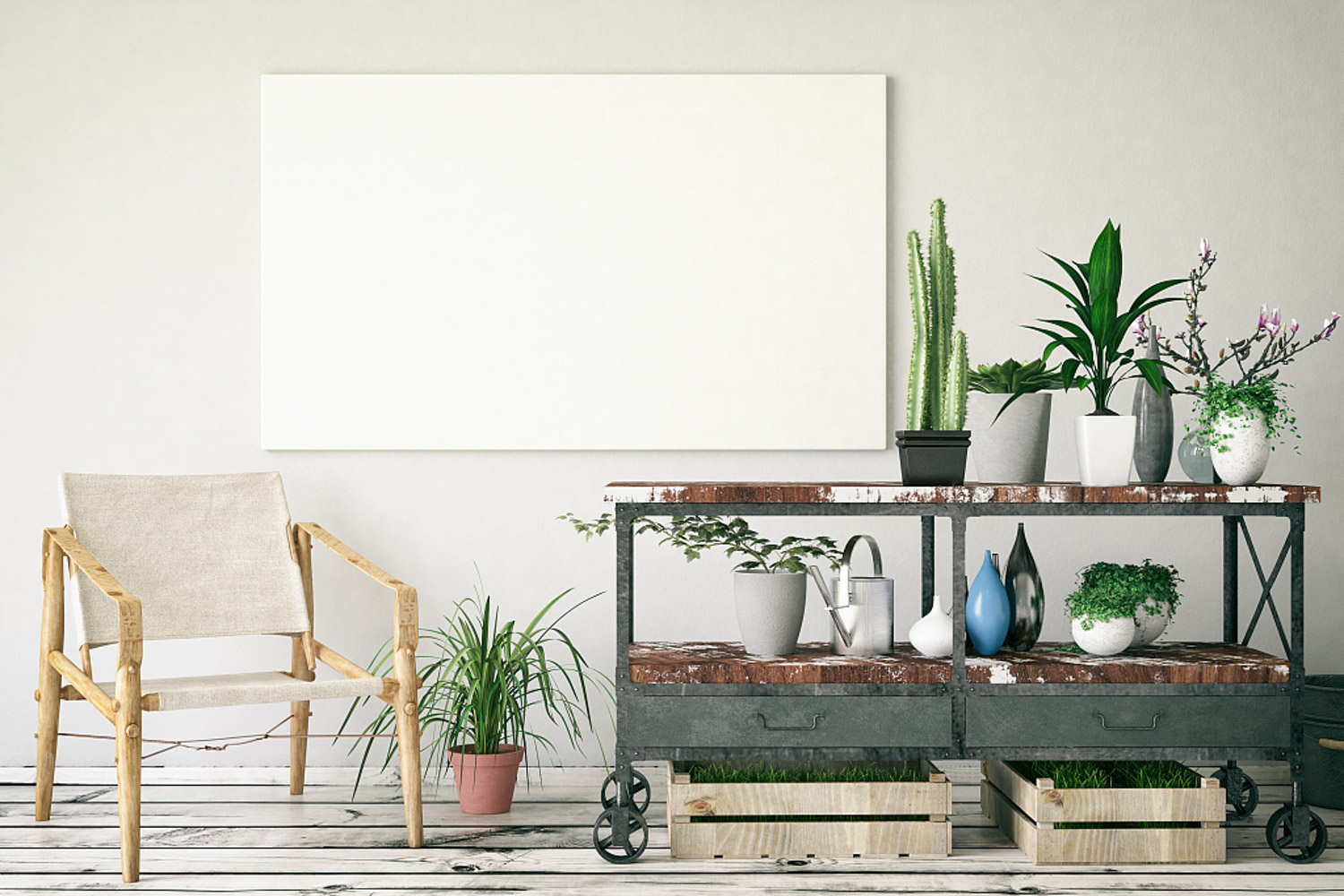
3. Add orange peel
In order to prevent odor, you can cut some orange peel, cut it into pieces and sprinkle it evenly on the fish intestines. If you have pesticides at home, you can also spray a little
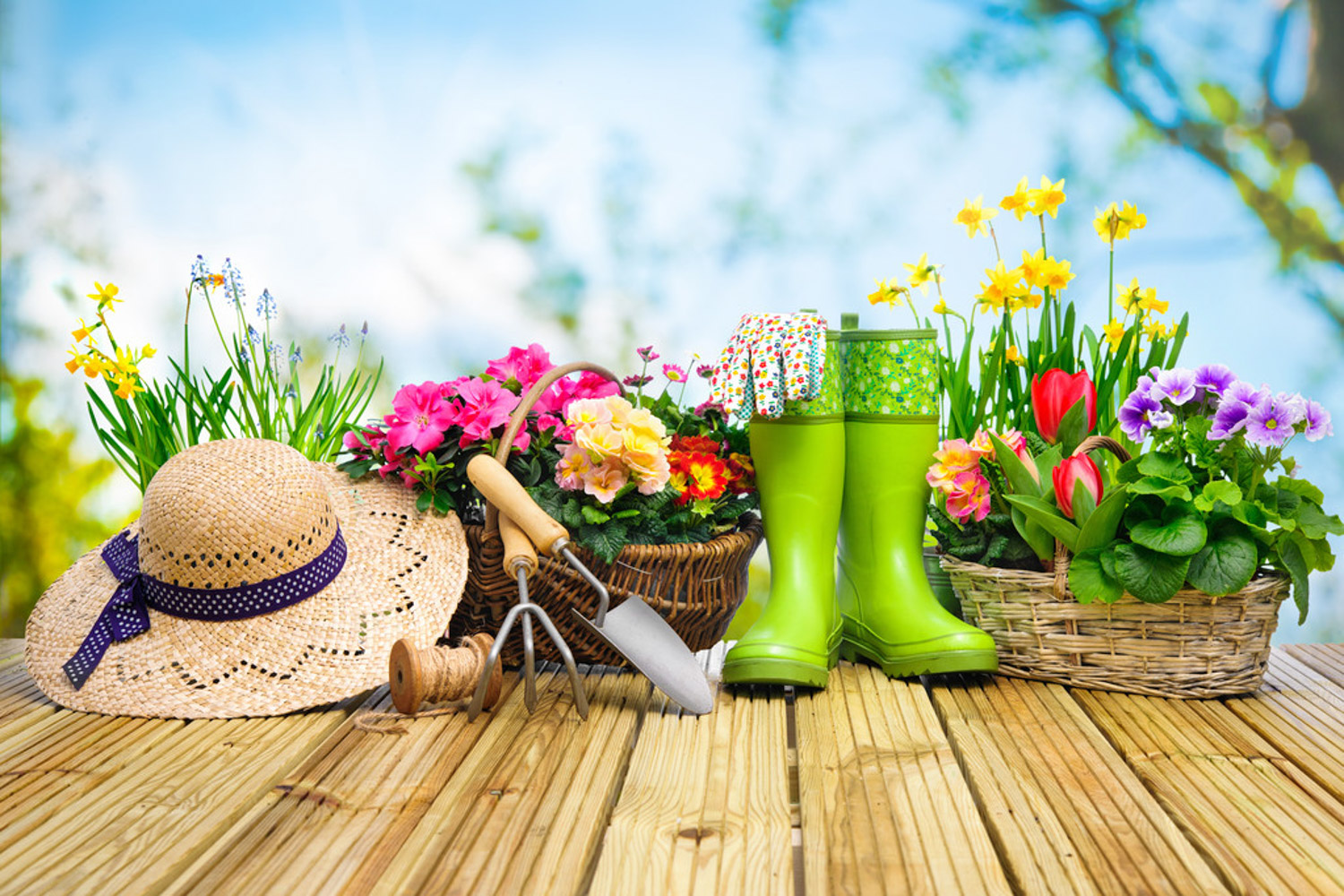
4. Covering soil
After putting the fish intestines and orange peel, continue to cover the soil, about 7-10CM
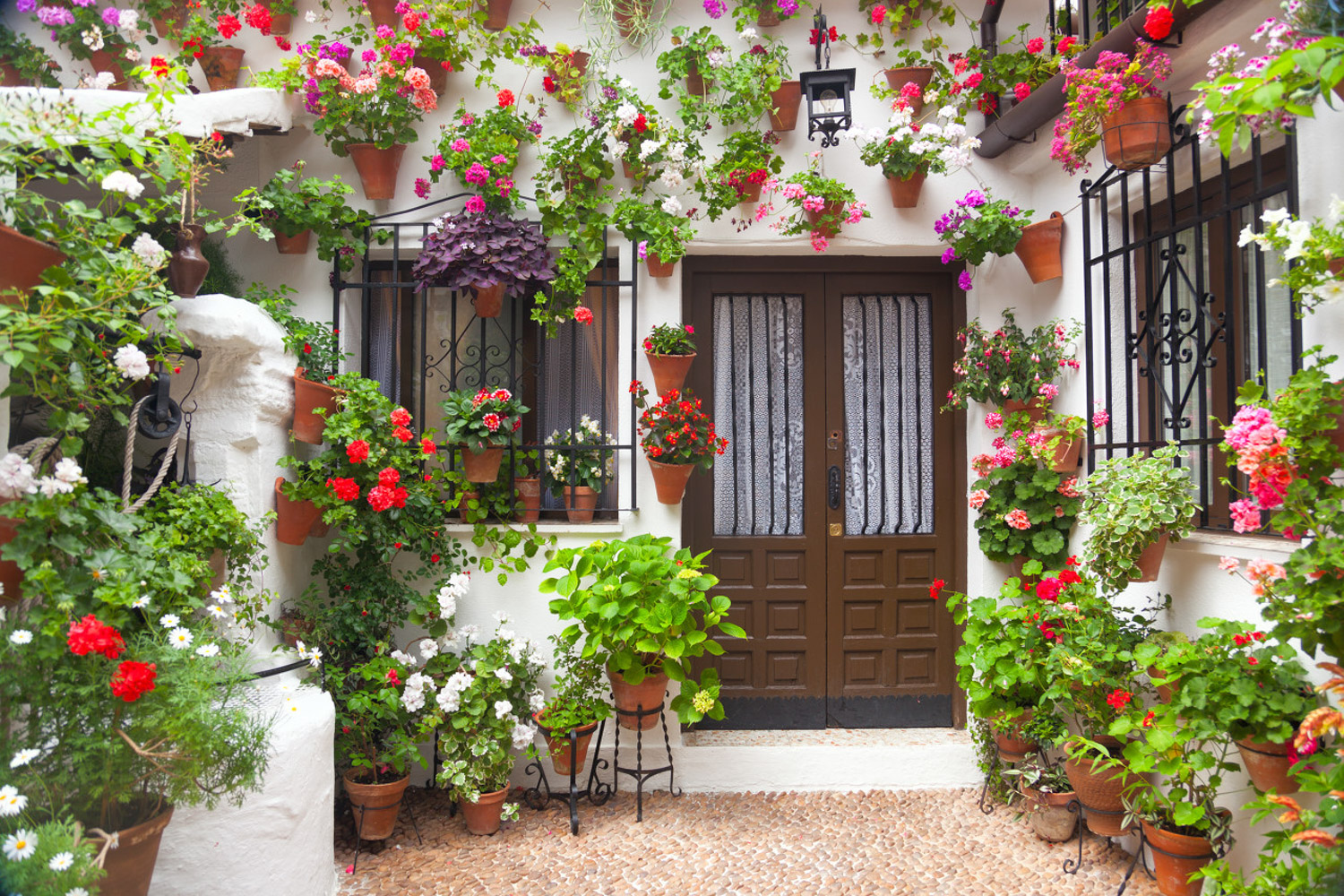
5. Sealing treatment
after covering the soil, pour the water over, cover the foam box and put it on the balcony. During the period, you can open the lid and stir it, and it will completely decompose in about 3-4 months. Raising roses with rotten soil not only makes the roses colorful, but also doesn't need fertilization for 2 years
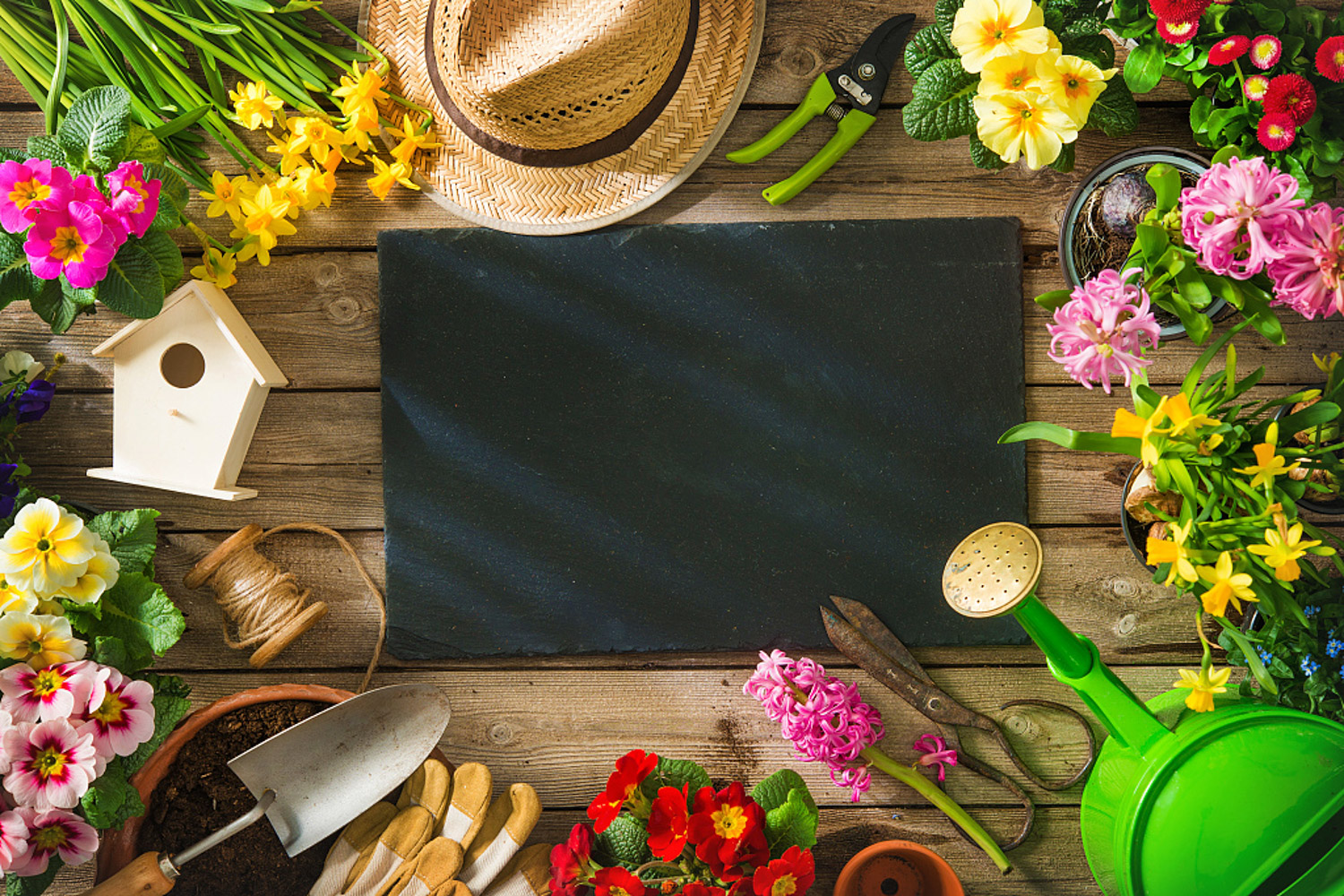
Beer for flower fertilizer
Generally, flower friends have beer at home. If you find that the beer at home is overdue, don't throw it away. It contains a lot of proteins, amino acids and other substances. It is a good material for raising flowers
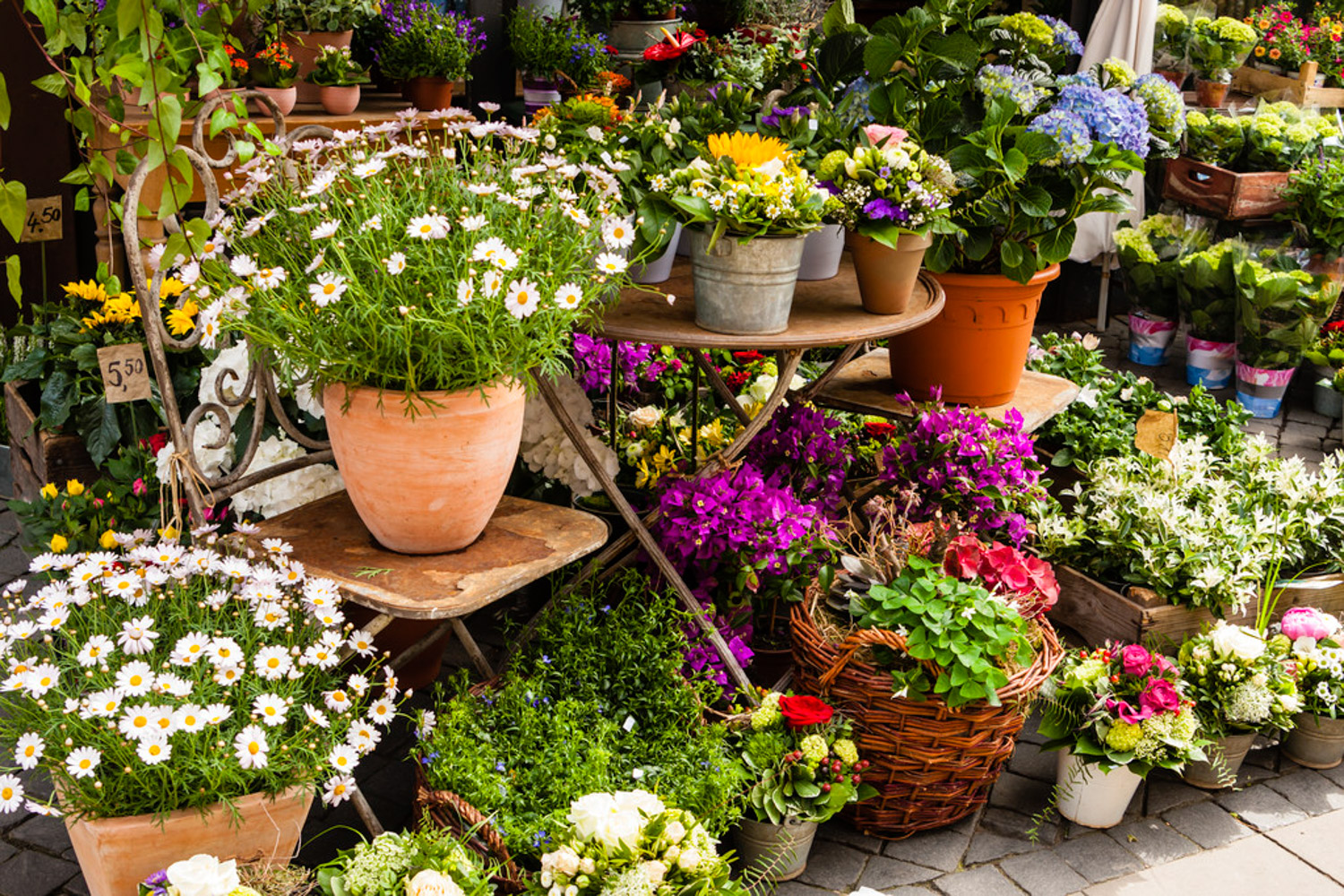
1. Beer wipe blade
After the beer and water are prepared according to the ratio of 1:10, dip the solution with a soft rag and wipe the leaves of Clivia, green pineapple, turtle backed bamboo and other plants, both sides can be wiped, so that the leaves can fully absorb the nutrition in the beer and become oily and shiny
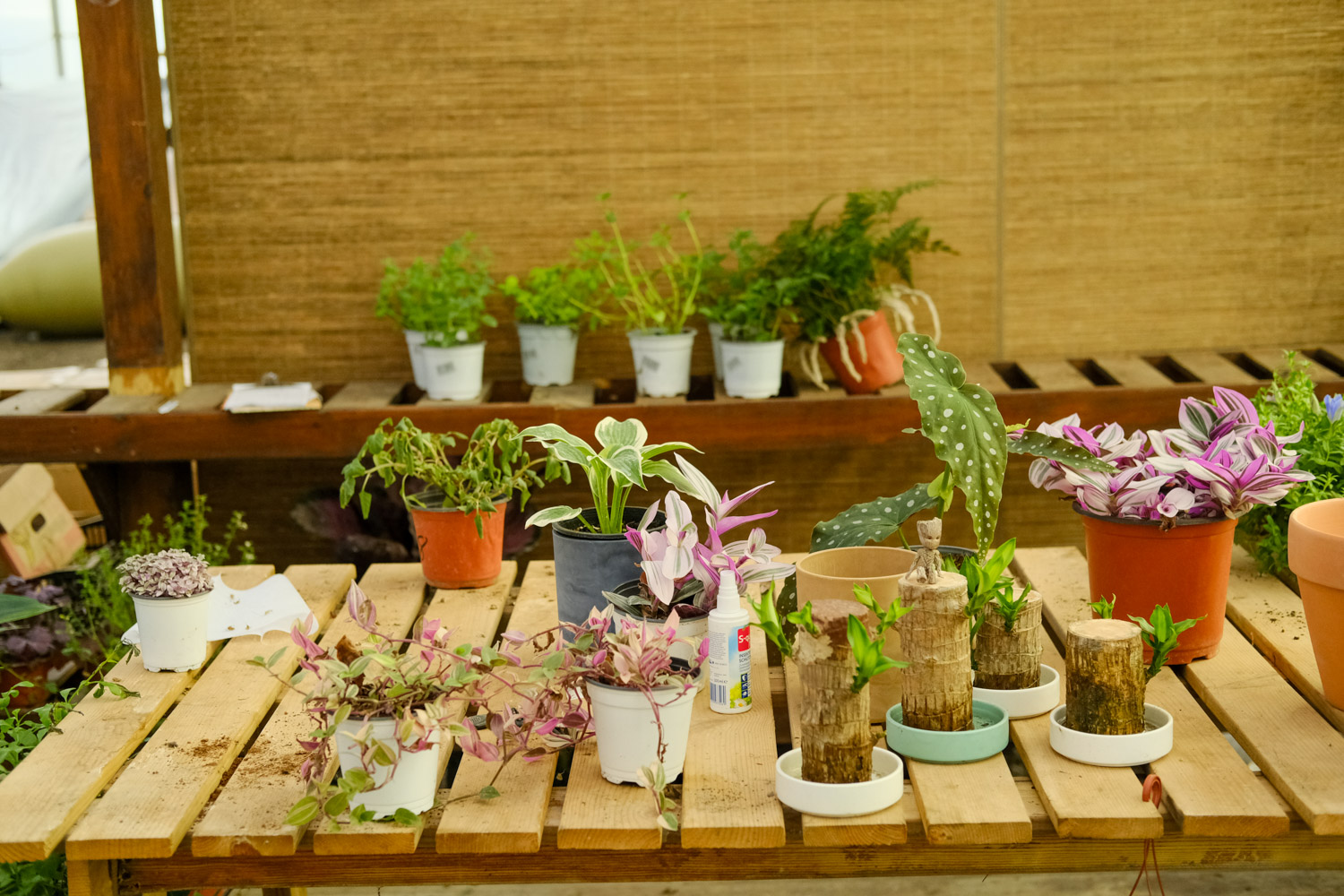
2. Pest control
Dissolve aspirin in beer, add 10 times water, shake evenly and spray leaves to prevent and control diseases and pests
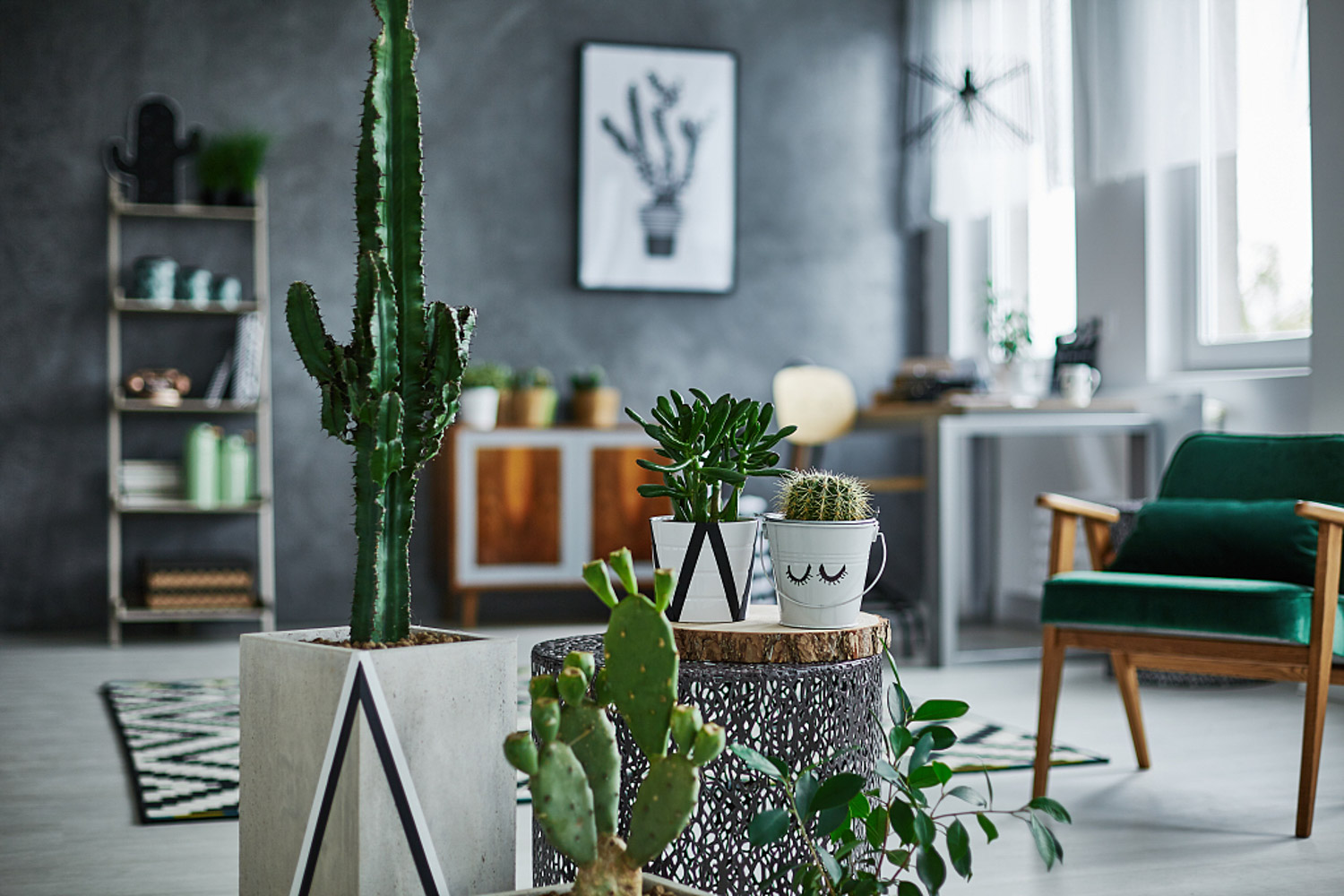
3. Watering flowers with beer
After mixing beer and water in the ratio of 1:50, pour it directly into the flower pot, which can make the flowers grow more prosperous
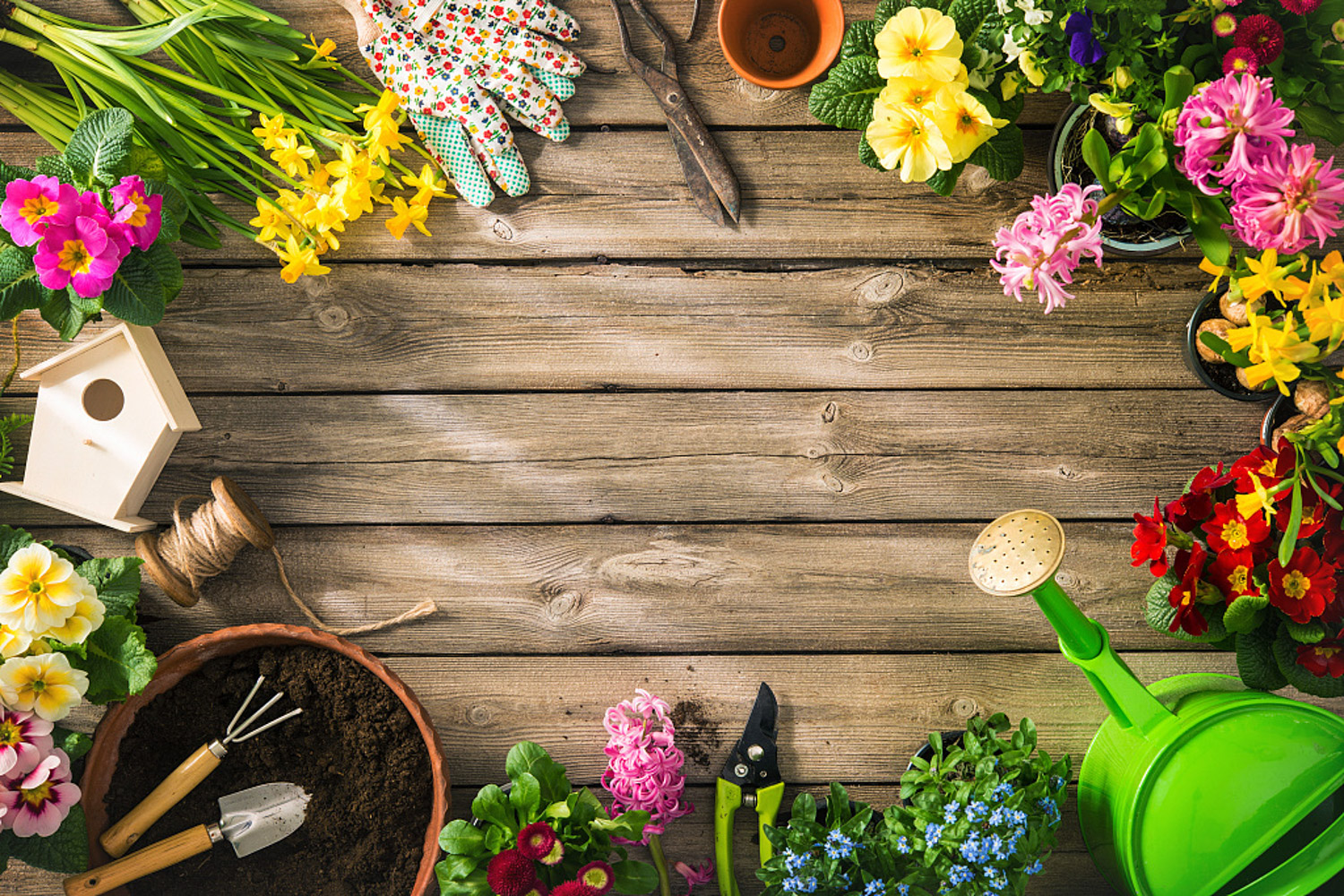

 how many times do yo...
how many times do yo... how many planted tre...
how many planted tre... how many pine trees ...
how many pine trees ... how many pecan trees...
how many pecan trees... how many plants comp...
how many plants comp... how many plants can ...
how many plants can ... how many plants and ...
how many plants and ... how many pepper plan...
how many pepper plan...


























